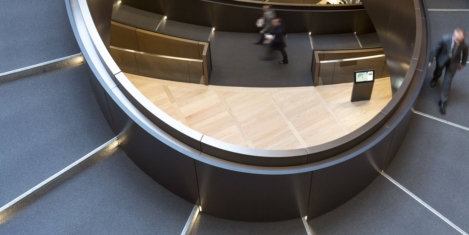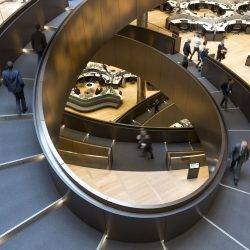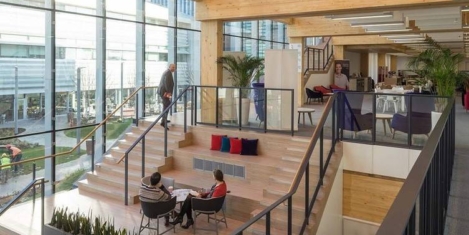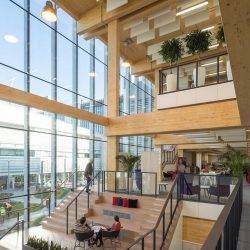To provide the best experiences, we use technologies like cookies to store and/or access device information. Consenting to these technologies will allow us to process data such as browsing behaviour or unique IDs on this site. Not consenting or withdrawing consent, may adversely affect certain features and functions.
The technical storage or access is strictly necessary for the legitimate purpose of enabling the use of a specific service explicitly requested by the subscriber or user, or for the sole purpose of carrying out the transmission of a communication over an electronic communications network.
The technical storage or access is necessary for the legitimate purpose of storing preferences that are not requested by the subscriber or user.
The technical storage or access that is used exclusively for statistical purposes.
The technical storage or access that is used exclusively for anonymous statistical purposes. Without a subpoena, voluntary compliance on the part of your Internet Service Provider, or additional records from a third party, information stored or retrieved for this purpose alone cannot usually be used to identify you.
The technical storage or access is required to create user profiles to send advertising, or to track the user on a website or across several websites for similar marketing purposes.
 New research commissioned by international law firm Osborne Clarke claims that businesses in Germany and the Netherlands could be leading the global race to embrace next-generation 5G connectivity. The Next Generation Connectivity research of executives and managers from 11 countries, conducted by the Economist Intelligence Unit, also claims that approaches and attitudes to adopting connectivity vary country to country. This, Osborne Clarke says, could hinder future opportunities.
New research commissioned by international law firm Osborne Clarke claims that businesses in Germany and the Netherlands could be leading the global race to embrace next-generation 5G connectivity. The Next Generation Connectivity research of executives and managers from 11 countries, conducted by the Economist Intelligence Unit, also claims that approaches and attitudes to adopting connectivity vary country to country. This, Osborne Clarke says, could hinder future opportunities.








 The new northern home of the BBC is giving London a run for its money when it comes to siting offices for the UK’s top tech talent, with Manchester leading the way, according to
The new northern home of the BBC is giving London a run for its money when it comes to siting offices for the UK’s top tech talent, with Manchester leading the way, according to 

























September 27, 2018
We need to take a scientific approach to the potential impact of AI
by Eleni Vasilaki • Comment, Technology
More →